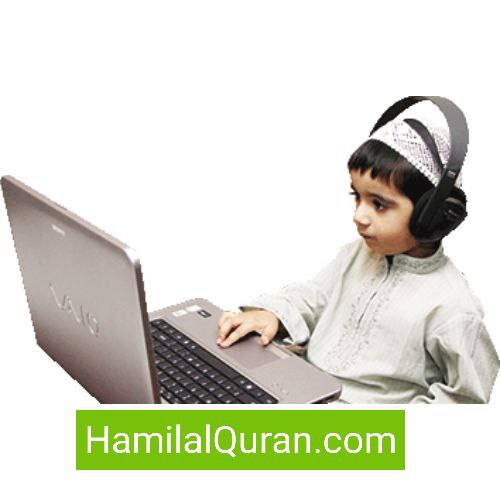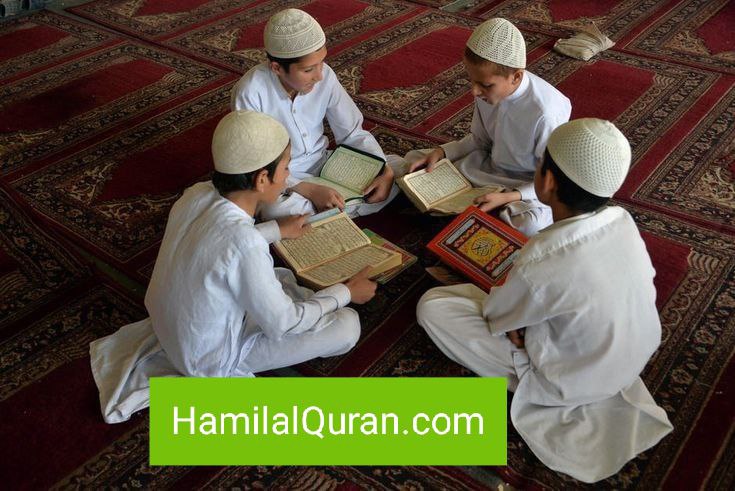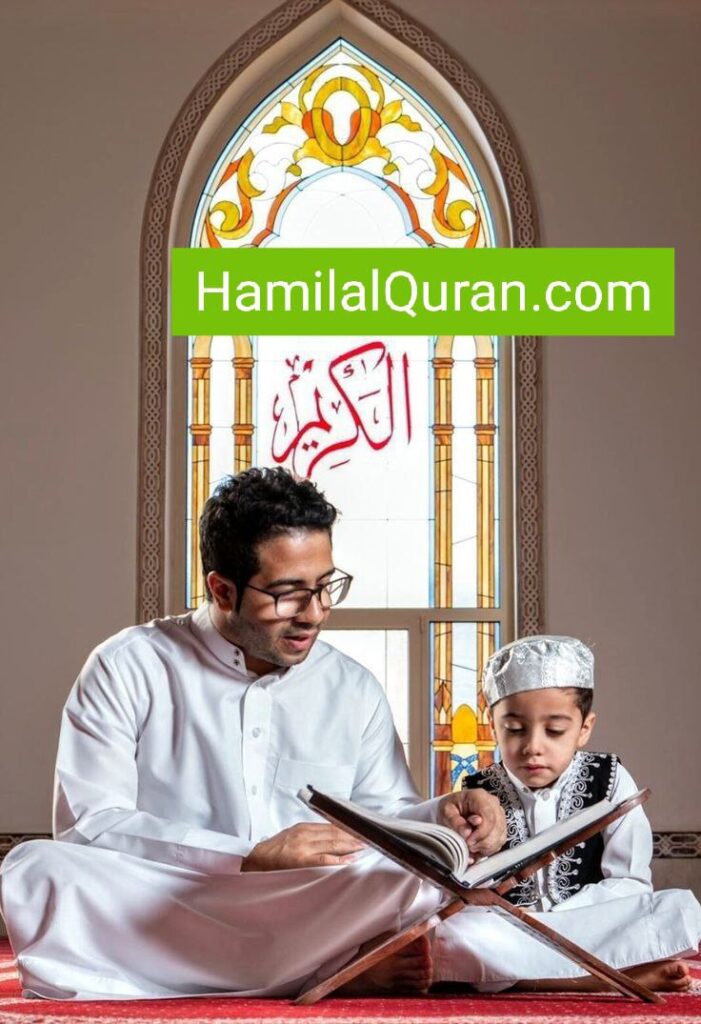Islamic principles of parenting are grounded in the teachings of the Holy Quran and the Hadiths (sayings and actions of the Prophet Muhammad, peace be upon him). Islamic principles of parenting are important for Muslim parents who want to raise their children according to Islamic teachings and values. These principles are based on the Book of Allah, the Holy Quran, and the Sunnah, which provide guidance on how to raise children in a way that is pleasing to Allah. Islamic principles of parenting emphasize the importance of responsibility, love, mercy, discipline, guidance, education, respect, and trust in Allah SWT. By following these principles, parents can create a nurturing and loving environment for their children, instill good morals and values, and prepare them to become responsible and productive members of society.

The principle of Responsibility in the Islamic parenting
Parents in Islam are responsible for the well-being and upbringing of their children. This includes providing for their physical, emotional, and spiritual needs.
“No man fills a container worse than his stomach. A few morsels that keep his back upright are sufficient for him. If he has to, then he should keep one-third for food, one-third for drink and one-third for his breathing.”
At-Tirmidhi
- Providing for their emotional needs. Parents are responsible for providing their children with emotional support, love, and affection. The Prophet Muhammad (peace be upon him) said, ” He is not one of us who does not have mercy upon our young, respect our elders, and command good and forbid evil.”
- Providing for their spiritual needs, Parents are responsible for providing their children with religious education and guidance. Allah says in The Holy Quran, “O you who have believed, protect yourselves and your families from a Fire whose fuel is people and stones,” Surah Tahreem: 6
- Discipline and Guidance, Parents are responsible for disciplining their children in a gentle and constructive way and providing guidance and encouragement toward good behavior. The Holy Quran says, “And enjoin prayer upon your family [and people] and be steadfast therein. We ask you not for provision; We provide for you, and the [best] outcome is for [those of] righteousness.” Surah Taha
- Leading by example, Parents are responsible for setting a good example for their children and modeling the behavior that they want their children to emulate. The Prophet Muhammad (PBUH) said: “The best of you is he who is best to his family, and I am the best among you to my family.” Hadith
- Providing education to their children, Parents are responsible for providing their children with education and knowledge, both secular and religious. The Prophet Muhammad (peace be upon him) said, “Seeking knowledge is a duty upon every Muslim” Hadith
- Preparing the children for adulthood: Parents are responsible for preparing their children for adulthood and helping them become responsible and productive members of society. parents in Islam have a great responsibility toward their children, and they are expected to fulfill this responsibility with love, kindness, and compassion. By fulfilling these responsibilities, parents can help their children grow into strong, confident, and pious individuals who are ready to contribute to the betterment of society.

The principle of teaching children in the Islamic parenting
Teaching the Holy Quran to children is an important responsibility for Muslim parents. Parents should provide their children with education and knowledge, both secular and religious. The Prophet Muhammad PBUH said:
“Seeking knowledge is obligatory upon every Muslim. Parents own the responsibility to teach kids the Holy Quran and guide them to the best teachers. Islamic knowledge is the priority above all knowledge. Teaching Kids the Principles of Islam is a duty for every parent.
Sunnah
Hamil al-Quran Academy helps parents to find the best and most suitable Islamic preschool program for kids of every age.
Here are some tips to help you as a parent to teach your children Islamic principles:
- Start Early: Start teaching your child the Quran at a young age. Even toddlers can begin learning and listening to short verses and chapters.
- Make the learning a Daily Habit: Make the Holy Quran recitation and study a regular part of your family’s daily routine. Encourage your child to recite the Quran daily, even if it’s just a few verses.
- Choose the Right Time to teach your kids: Choose a time when your child is most alert and focused. For example, after breakfast or before bedtime may be good times for Quran study.
- Make the Learn Fun: Use fun and creative ways to make learning the Holy Quran enjoyable for your child. For example, use colorful posters or flashcards, or games related to the Arabic language to help your child memorize Quran verses. ( Hifz Quran).
- Recite the Holy Quran Together: Recite the Holy Quran together with your child. This will not only help your child learn, but it will also strengthen your own connection with the Holy Quran.
- Enroll in Quran School: Consider enrolling your child in a Quran school or Islamic Sunday school. This will provide your child with a structured environment for Quran study and learn the Holy Quran properly and help them connect with other Muslim children.
- Lead by Example: As a parent, set a good example by practicing what you preach. Recite the Holy Quran regularly and pray Salah on time which will show your child the importance of learning and studying the Quran.
- Provide Encouragement and support: Encourage and praise your child’s efforts in learning the Holy Quran. This will help build their confidence and motivate them to continue learning.
- Be Patient: Learning the Holy Quran takes time and patience. Be patient with your child and encourage them to keep trying, even if they make mistakes. Show mercy and support all the time, and remember the rewards that Allah promises to the seekers of knowledge.

Conclusion:
Teaching the Holy Quran to children requires patience, dedication, and creativity. By making the Holy Quran study a regular part of your family’s routine and using fun and creative ways to engage your child, you can help instill a love for the Quran in your child from a young age. Teaching Islamic principles is one of the most important parts of the Islamic principles of parenting, not less important than food and drink. May Allah SWT make it easy for all our parents.
